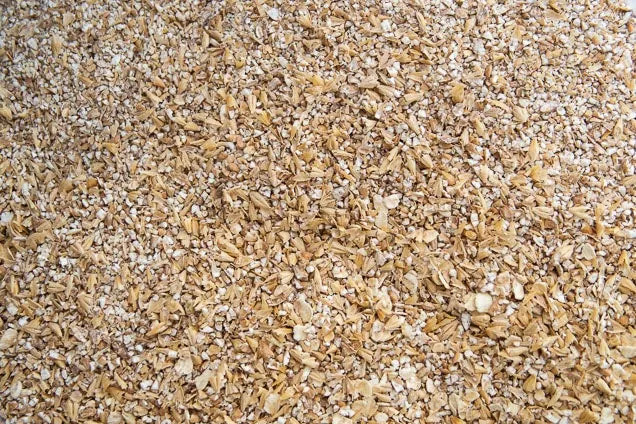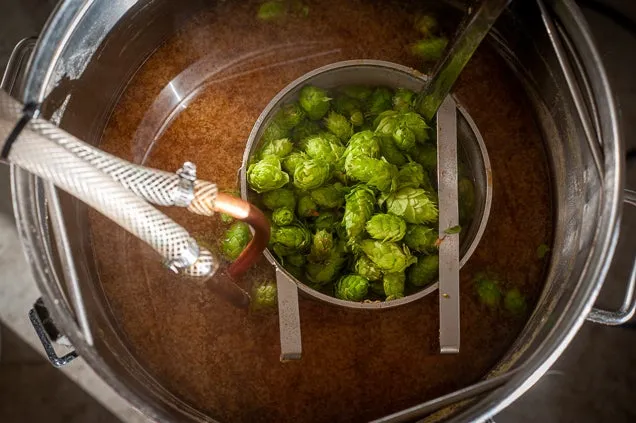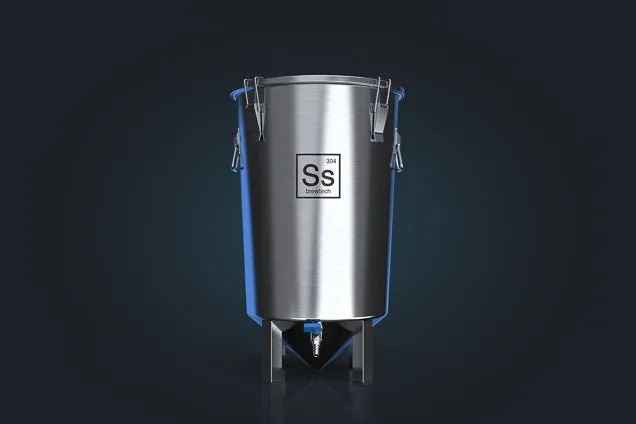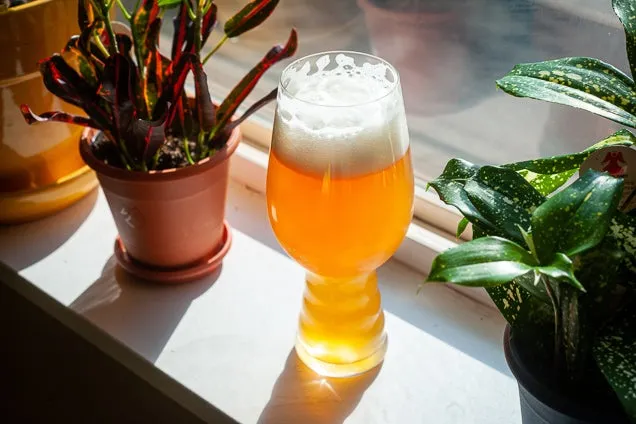Blog
Craft Your Own: A Beginner’s Guide to Brewing Delicious Beer at Home

The craft beer movement has swept the nation, transforming towns big and small into havens for artisanal brews. But what if you could capture that magic in your own home? Here at Robert Kline Art, we’re all about embracing creativity, and crafting your own beer is a uniquely satisfying experience.
Brewing beer at home is simpler than you might think, and the rewards are immense. Imagine pouring a glass of your own hand-crafted beer, its flavor profile a testament to your dedication and passion. Trust me, the satisfaction is unparalleled.
Demystifying the Brewing Process: From Grain to Glass
Before we delve into the specifics, let’s break down the core elements of beer. Every beer, regardless of its complexity, begins with four fundamental ingredients:
Malt: The soul of beer, providing fermentable sugars.
Hops: These impart bitterness, aroma, and act as a natural preservative.
Yeast: The tiny alchemist, converting sugar into alcohol and CO2.
Water: Often overlooked, water quality significantly impacts the final product.
There are two primary approaches to brewing:
All-Grain Brewing: Offers ultimate control and creativity. Involves steeping crushed malted grains in hot water to extract sugars.
Extract Brewing: A more straightforward method utilizing malt extracts. Faster but offers less control over the final flavor.
While both methods yield delicious results, all-grain brewing, in my opinion, offers a more profound connection to the process and yields greater creative freedom in the long run.
My Go-To Brewing Setup: Efficiency Meets Artistry
Over the years, I’ve honed my brewing process, opting for the efficiency of Brew-in-a-Bag (BIAB) using the BrewZilla, a versatile all-in-one brewing machine. This electric system allows me to brew indoors year-round, a boon for those with unpredictable climates.
 A BrewZilla brewing machine.
A BrewZilla brewing machine.
Step-by-Step Guide to Brewing Your First Batch
1. Mashing: Transforming Grain into Liquid Gold
This crucial step involves steeping crushed grains in hot water, activating enzymes that convert starches into fermentable sugars. The BrewZilla’s precise temperature control ensures optimal enzyme activity.
2. Sparging: Extracting Sugary Goodness
Once the mash is complete, it’s time to rinse the grains, extracting any remaining sugars. This sugary liquid, known as wort, forms the base of our beer.
3. Boiling: The Alchemy of Hops and Bitterness
The wort is brought to a boil, and hops are added at specific intervals, imparting bitterness, aroma, and acting as a natural preservative.
 An image showing wort coming out of a brewing machine.
An image showing wort coming out of a brewing machine.
4. Fermentation: The Magic of Yeast
The cooled wort is transferred to a sanitized fermenter, and yeast is added. Over the next week or two, the yeast will consume the sugars, producing alcohol and CO2, transforming the wort into beer.
 A bottle of home brewed beer, shown from above.
A bottle of home brewed beer, shown from above.
5. Bottling or Kegging: The Final Flourish
Once fermentation is complete, it’s time to package your beer. Bottling is a great starting point, but kegging offers convenience and the ability to carbonate your beer quickly.
Sanitation: The Unsung Hero of Brewing
Maintaining a sterile brewing environment is paramount. Any contamination can ruin your batch, so it’s crucial to thoroughly clean and sanitize all equipment at every stage.
 Cleaning supplies, including Star San cleaner, used for cleaning home brew supplies.
Cleaning supplies, including Star San cleaner, used for cleaning home brew supplies.
Embark on Your Brewing Adventure
Brewing beer is a journey of discovery, experimentation, and ultimately, immense satisfaction. Don’t be afraid to experiment, learn from your mistakes, and most importantly, enjoy the process.
Start your brewing journey today and experience the joy of crafting something truly special with your own two hands. And who knows, maybe you’ll discover a hidden talent for crafting delicious, unique beers.
Share Your Brewing Experiences!
We’d love to hear about your brewing adventures! Leave a comment below and tell us about your favorite beer styles, brewing mishaps, or any questions you might have. Happy brewing!
